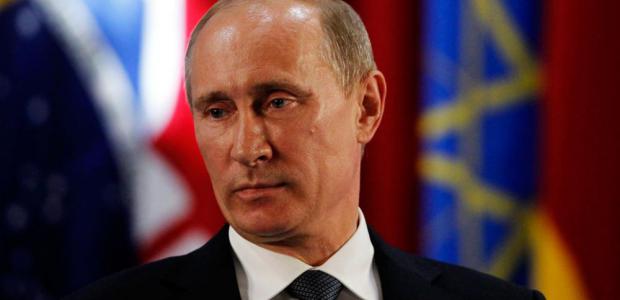Russian president Vladimir Putin, scheduled to make an official visit to Athens on May 28, will arrive with an agenda to feature energy-sector matters, including an interest for the development of partnerships between Russian firms and PPC, the main power utility.
Assuming the current negotiations on the first review of Greece’s third bailout agreement have been finalized by the time of Putin’s arrrival, the government will no doubt seek to take advantage of the Russian leader’s visit and portray a success story whose dimensions include prospective energy-sector partnerships as well as Greece’s upgraded geostrategic role in the wider region.
Although Russian investment interest in the Thessaloniki port and TRAINOSE, Greece’s railway company, is expected to be reiterated, emphasis will be placed on the energy sector, especially on plans to develop a Russian natural gas pipeline through the region and establish Russian partnerships with PPC.
Moscow is heavily relying on Greece in its effort to serve Europe’s increased natural gas needs. Following the abandonment of the South Stream and Turkish Stream plans, Russia appears to be insisting with a route in Europe’s southeast to run through Bulgaria, Greece, and follow the ITGI submarine route across to Italy.
The Greek government will seek to keep such a prospect open as part of its “multidimensional” energy policy announced shortly after Syriza was elected to power in January last year, despite the fact that the approach runs contrary to an EU direction aiming for reduced Russian energy reliance.
As for the prospective PPC partnerships, Russia’s Gazprom is expected to reiterate an older plan proposed to energy minister Panos Skourletis entailing the acquisition of rights to operate the power utility’s lignite mine in Vevi, which supplies two power stations, Melitis I and II, in exchange for the now-scrapped plan for the construction of hydropower stations by Russian companies in Sykia and Pefkofyto, alongside the Achelous River in the northwest. Prometheus Gas, a joint venture involving Gazprom and the Copelouzos Group, had a leading role in that plan.
Aktor, which had won a previous tender for a licence to operate the Vevi mine and signed an agreement with the ministry that was never ratified in Greek Parliament, could also take part in a consortium for the Vevi mine.
It remains to be seen whether the Greek-Russian discussions will lead to any agreements as financing new projects in the local energy market remains an extremely difficult decision for any investor.





